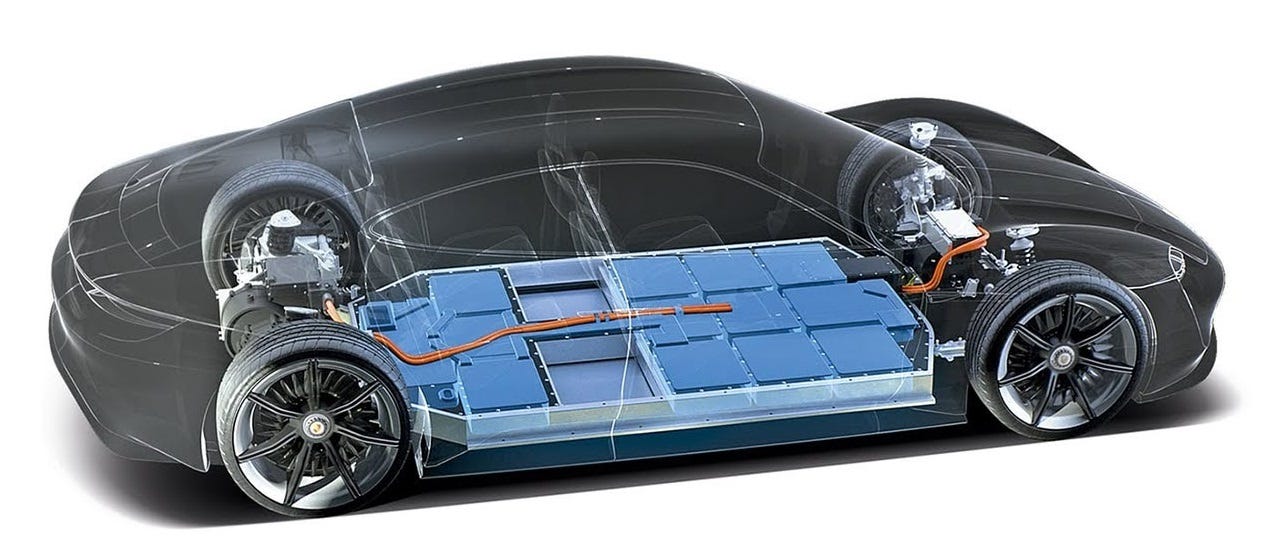The Economic Impact of Electric Vehicles
In less than 5 minutes, learn the significant economic implications of the global shift towards electric vehicles!
Recently, our approach to transportation has undergone a significant shift as more people are choosing electric vehicles (EVs). Beyond being a change in vehicle choice, this transition holds profound economic implications, influencing manufacturing, job markets, and global energy demand. In this article, we'll dive into these implications to understand what this shift means for economies worldwide.
The production of electric vehicles marks a departure from traditional manufacturing. Unlike internal combustion engine vehicles with intricate components, EVs boast simplified drivetrains, requiring fewer moving parts. This change not only lowers maintenance costs for consumers but also redefines the manufacturing landscape. EVs demand components like batteries and electric motors, bringing about up-and-coming players in the supply chain. Moreover, the spike in demand for battery components, such as lithium, cobalt, and nickel, spurs investment in mining operations, reshaping global commodity markets.
While the move to EVs may disrupt traditional automotive jobs, it simultaneously offers opportunities for job creation. Manufacturing plants for EVs require a different skill set, emphasising battery technology and software integration. As a result, governments and industry stakeholders are forced to acknowledge the importance of workforce transition programs (training workers) to ensure a stable shift without causing unemployment. Furthermore, the growth of the EV sector extends beyond manufacturing, fostering job creation in charging infrastructure development, maintenance, and software industries.
The rise of EVs is altering the dynamics of global energy demand. As the use of EVs increases, the demand for traditional fuels like gasoline is expected to decline, leading to reduced reliance on oil. This shift has far-reaching economic implications for oil-producing nations, forcing such nations to implement economic diversification to counter the impact. On the contrary, it benefits countries already investing in renewable energy sources, as the need for electricity to power EVs accelerates the transition towards clean energy.
From a consumer standpoint, EVs are becoming economically attractive. While the upfront cost may be higher in some cases, operational expenses are considerably lower. The cost of electricity for charging is generally less than traditional fuels, and the simplicity of EVs translates to reduced maintenance costs over the vehicle's lifespan.
However, the widespread adoption of EVs will demand significant investments in charging infrastructure. Governments and energy companies recognise the need for a robust charging network to support the growing fleet of EVs. While this poses economic challenges, it simultaneously offers investment opportunities and job creation potential.
The transition to EVs represents a technological leap. Integrating advanced technologies, such as artificial intelligence, for autonomous driving is becoming increasingly common. This not only enhances the driving experience but also opens up new economic opportunities in software development and tech-related industries. Research and development in battery technology have the potential to revolutionise energy storage, not only for transportation but also for broader applications, including renewable energy integration and grid stability.
The shift towards electric vehicles isn't just about changing the way we drive; it's a significant transition with deep economic implications. From reshaping manufacturing dynamics to influencing global energy demand, the economic impact of this shift is huge. While challenges like workforce transition and infrastructure development need addressing, the opportunities for job creation, technological innovation, and a more sustainable economic future make the electric vehicle revolution a shift worth close attention.
See you next Sunday!
Arthur Weller






Good points Arthur. I think the biggest challenges for government are delivering the energy network and a regulatory framework for self driving vehicles.